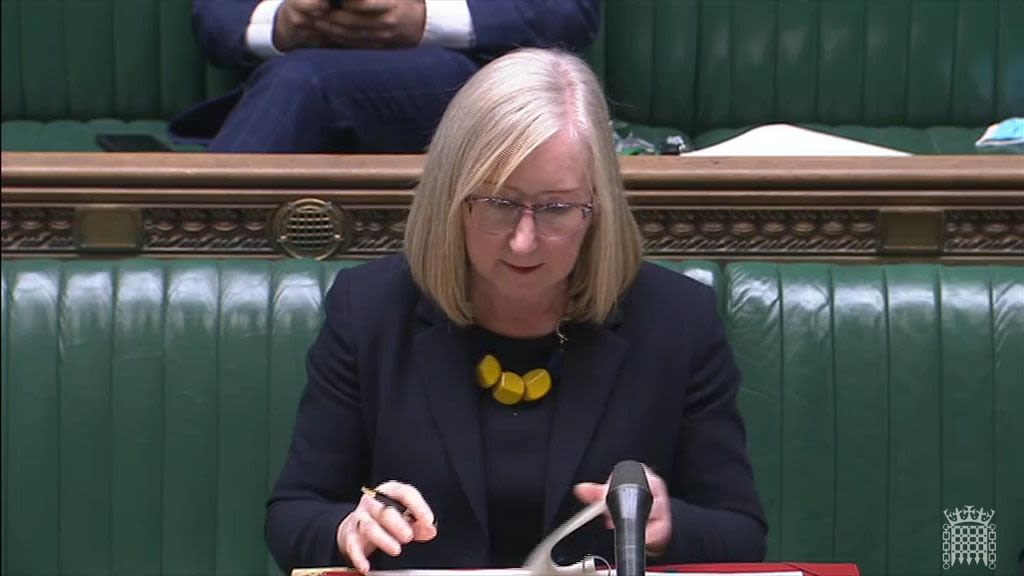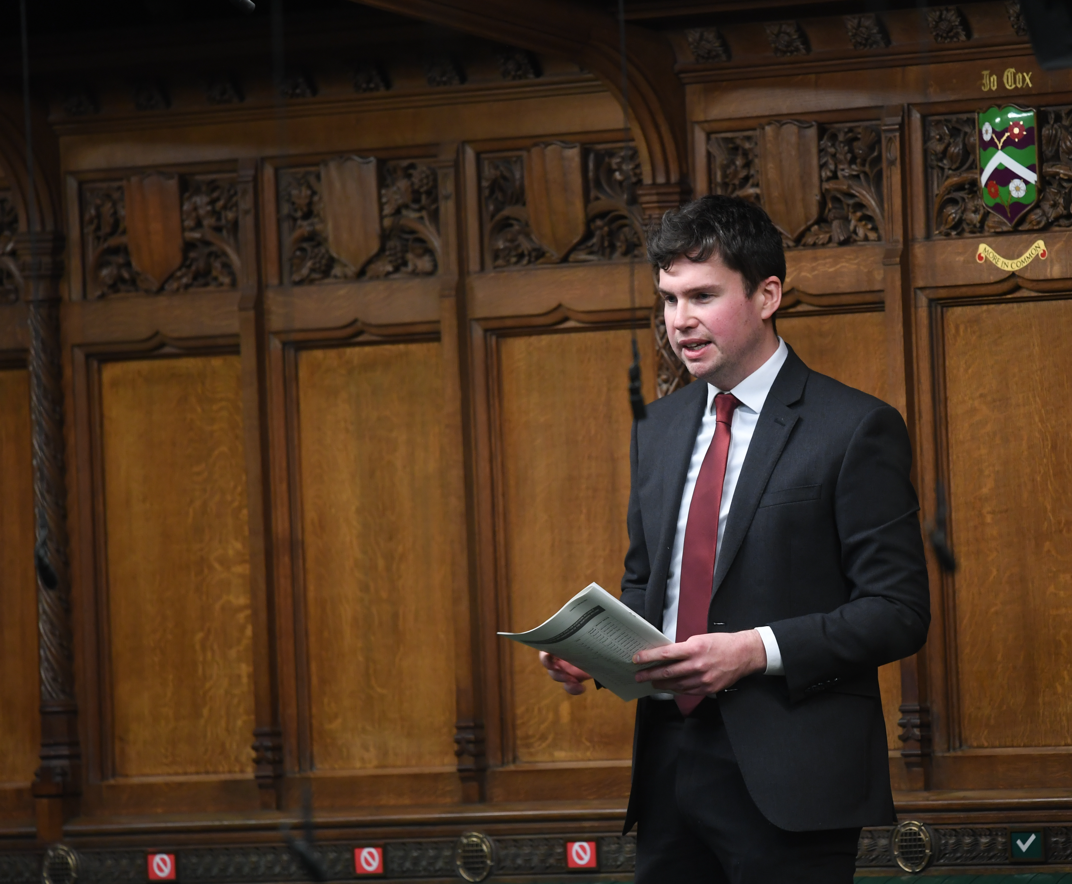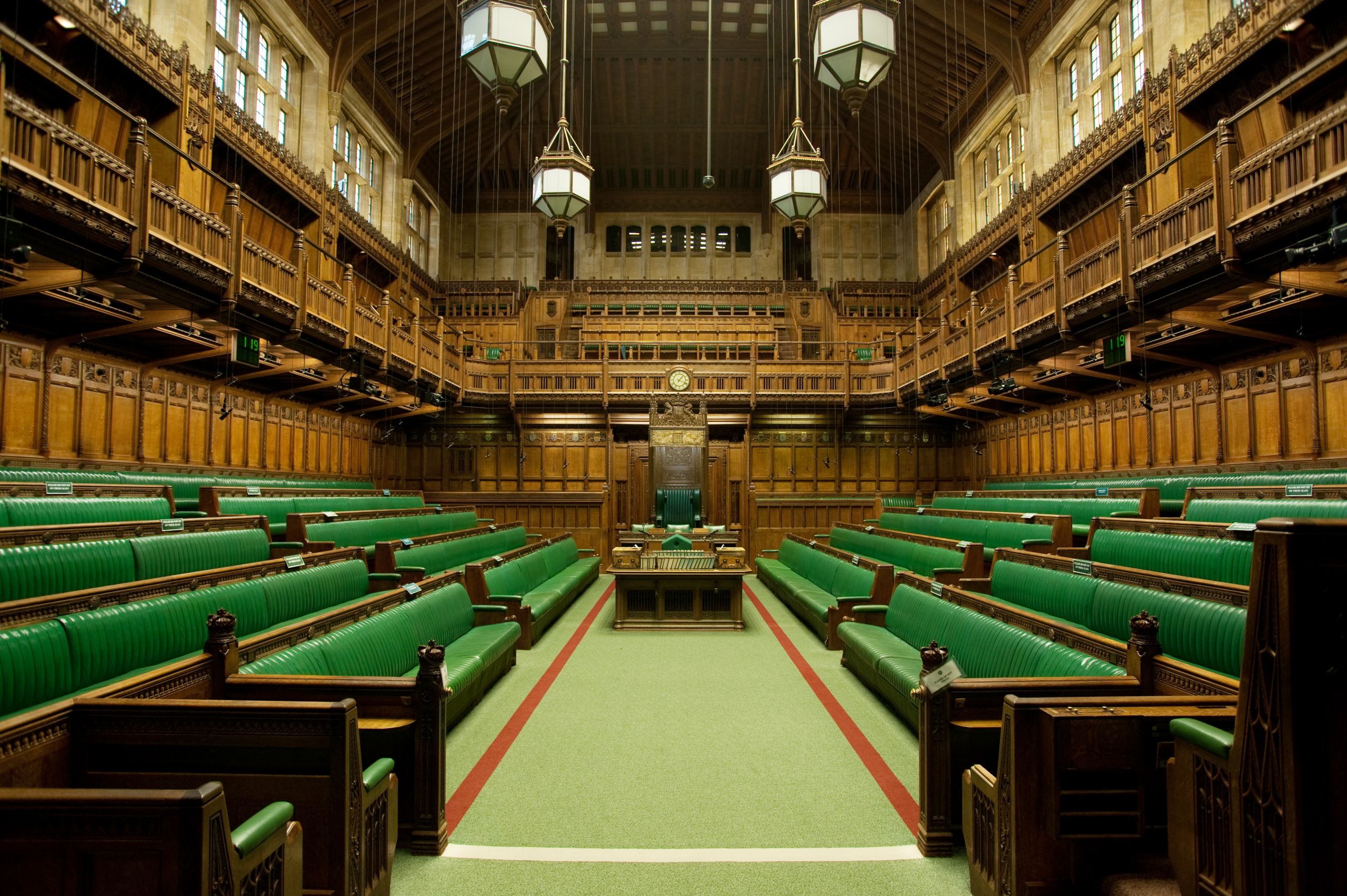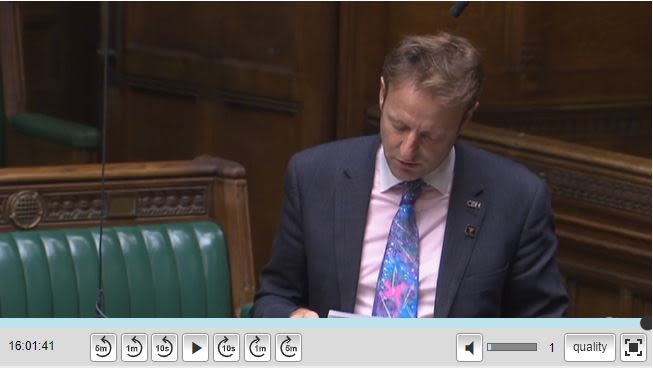Alcohol harm
Backbench Business debate

The Government's response

The Parliamentary Under-Secretary of State for Health and Social Care, Maggie Throup MP responded to the debate. She addressed the Government’s current policy agenda and future ambitions related to alcohol harm.
Watch or read her full speech for details on a range of topics including:
- The Government’s forthcoming UK-wide addiction strategy
- £80 million investment in drink and drug treatment services
- £52 million investment for substance misuse treatment services for people sleeping rough
- Implementing recommendations of part two of Dame Carol Black’s independent review of drugs
- Forthcoming guidance from the Office for Health Improvement and Disparities on the management of harmful drinking and alcohol dependence.
For an overview of Government policy, see research briefings from the House of Commons Library:
“My sincere thanks to all of you who have responded to this exercise and shared your experiences with me about this issue.
"Many of you have told very moving stories and I’m grateful that you took the time to share them in this way.
"Do check back on this page on 25 November where a link will be published for you to watch the debate."
Introducing the debate, he gave the following statement:
"Alcohol harm impacts us all - in families, our communities, and throughout society. These harms are everywhere but discussing alcohol issues remains a taboo and therefore, the harms endured are often hidden.
"Alcohol is now the leading risk factor for ill health, early mortality and disability among those aged 15-49 In England (Alcohol statistics: England, House of Commons Library, 2021).
"Provisional data from the ONS shows that alcohol-specific deaths in 2020 were at their highest since records began in 2001. Furthermore, research from Public Health England points to an increase in alcohol consumption during the covid-19 pandemic. We can no longer avoid this issue.
"The voices of people who have experienced alcohol harm must be heard. Be it the impact of alcohol use, access to treatment, stigma, family impact or positive experiences of sobriety, your written evidence will inform the upcoming debate on alcohol harm on 25 November."
Thank you to everyone who responded to the survey. The deadline for submissions has now passed.


How your contributions are shared
In these exercises, members of the public who have signed relevant petitions are invited to share their experiences and ideas.
These are passed on to the MP leading the debate, who may refer to them directly in their speeches.
Find other petitions on the Petitions website, or see more examples of public contributions being used in debates below.
What happens next?
If you shared your email address in the survey, we’ll send you an update after the debate with links to watch it, read the transcript, and information about the Government's response.
What are Backbench Business debates?
Backbench Business debates give backbenchers (MPs of any party who are not ministers or shadow ministers) an opportunity to secure a debate on a topic of their choice, either in the House of Commons Chamber or in Westminster Hall.
MPs can make a request for a debate to the Backbench Business Committee, who hears and decides which debates to schedule.
The debates can either be general debates (which do not end in a vote) or be on a substantive motion (which calls for an action and can end in a vote).
- Committee pages: Backbench Business Committee
- MPs' Guide to Procedure: Backbench Business Committee debates.


Get involved
Other debates, tours, education resources, newsletters and more


Photo credit: UK Parliament/Jessica Taylor
